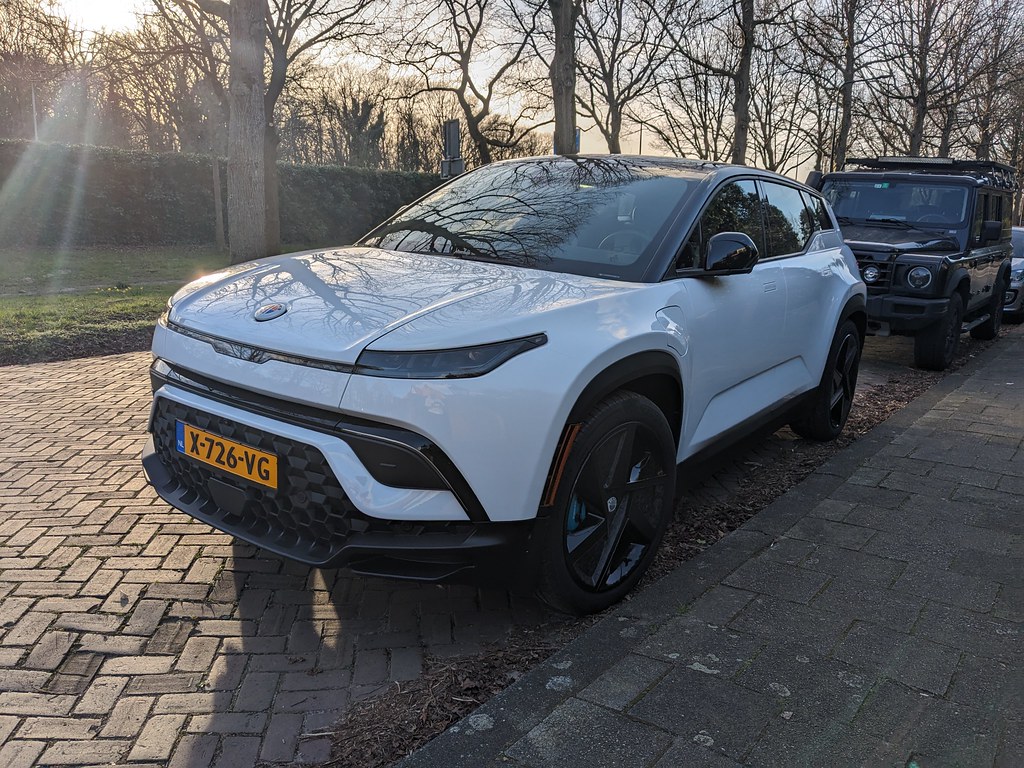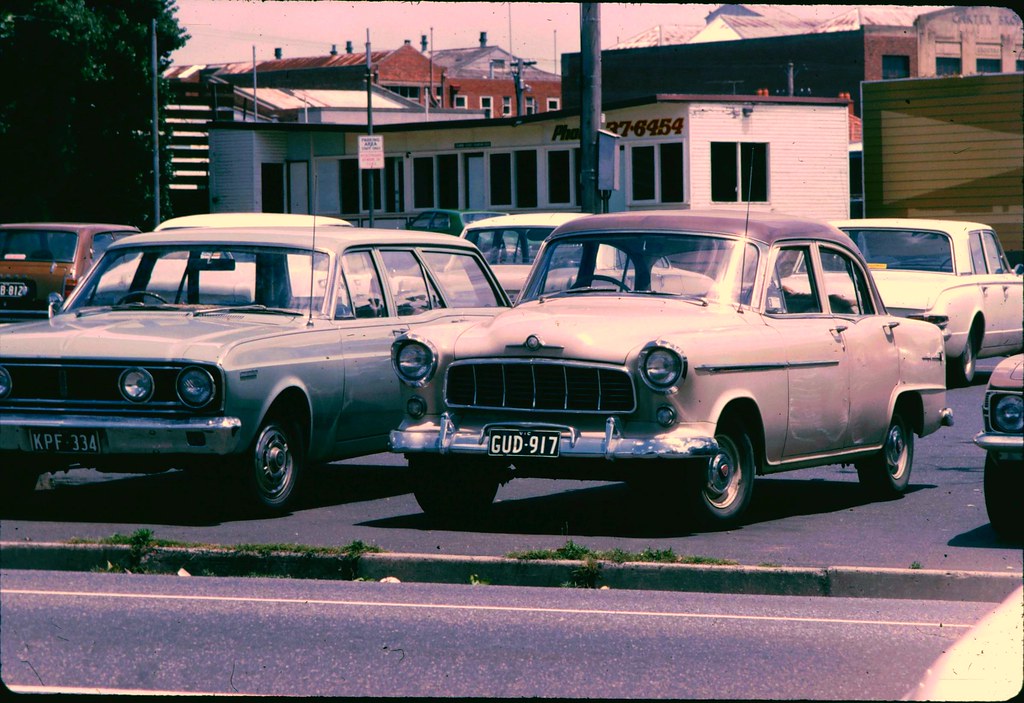
Stepping into the used-car market can feel like navigating a maze, full of shiny exteriors and tempting price tags. But beneath the surface, every vehicle carries a story, a history etched into its title that often goes unnoticed or, worse yet, misunderstood. This isn’t just bureaucratic paperwork; it’s a diagnostic tool, a secret language that, once deciphered, can transform a hopeful buyer into a savvy negotiator, saving you from headaches, hidden costs, and potential dangers down the road.
Here’s the thing about car titles: many of us underestimate their power. We see a ‘branded title’ and immediately think ‘bad car,’ but that’s only half the story. The *true value* lies in what that brand tells you. It’s like a vehicle’s legal birth certificate, proving ownership, recording liens, and, most crucially for a used-car buyer, flagging past catastrophes or chronic problems. Knowing what these brands mean isn’t about avoiding every car with a designation; it’s about being informed, empowered, and equipped to make the best decision for your wallet and your safety.
We’re diving deep into 12 often underestimated car title brands. These aren’t just labels; they’re vital clues to a vehicle’s past, present, and future. Understanding them is not only ‘better than anyone thought,’ but it’s absolutely essential for smart used-car shopping, arming you with the knowledge to avoid unsafe or overpriced cars and negotiate from a position of strength. Let’s peel back the layers and discover the hidden truths behind these titles.
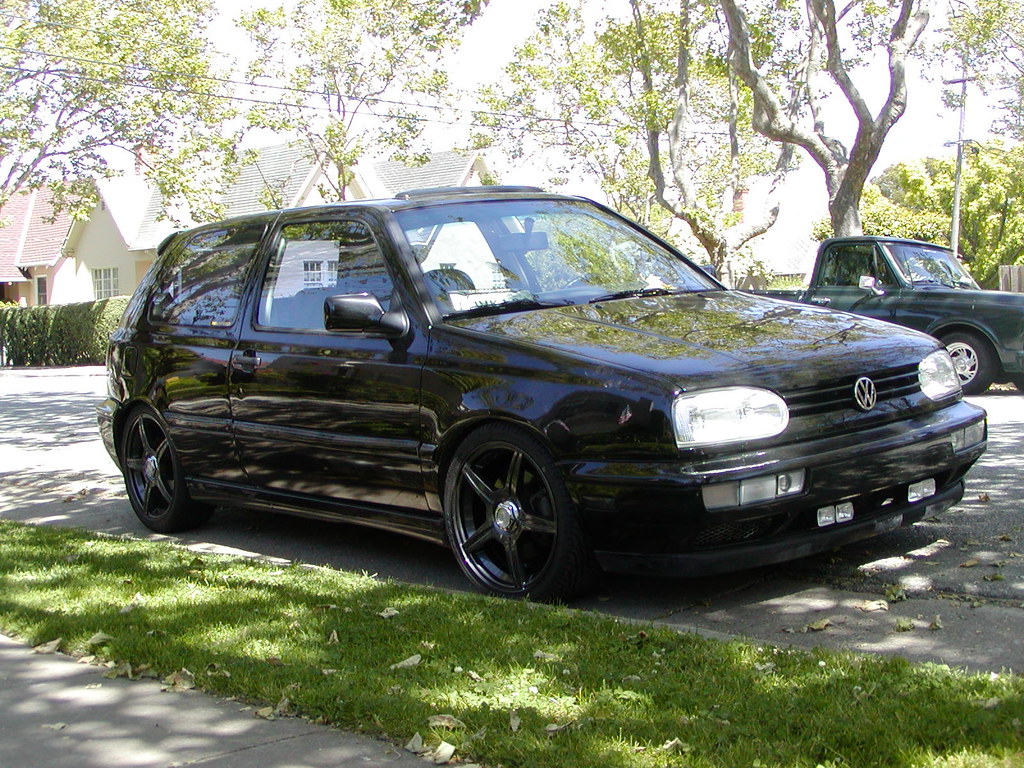
1. **Salvage Title**When an insurance company declares a vehicle a “total loss,” often because the estimated repair costs exceed a high percentage of its market value (typically 50%-95% depending on the state), it’s slapped with a salvage title. This doesn’t just mean a fender bender; it implies severe damage from an accident, flood, fire, or even theft. A salvage car, in its branded state, cannot be registered or insured until it undergoes extensive repairs and passes a thorough reinspection, effectively rendering it undrivable.
Many buyers might immediately shy away from a vehicle with a salvage title, seeing it as a write-off. However, the underestimated value here lies in the clear warning it provides. This brand serves as a neon sign, screaming ‘major damage history!’ It forces potential buyers to pause and consider the immense risks. Without this clear designation, a vehicle could be deceptively presented, leading an unsuspecting buyer into a financially draining and potentially unsafe purchase. The transparency, though alarming, is incredibly valuable.
Moreover, the presence of a salvage brand means the car typically loses a significant portion of its value—expect at least a 65% to 75% haircut. For a very niche buyer who understands the risks, has access to affordable, quality repairs, and is willing to accept zero resale value and potential insurance challenges, this knowledge can open the door to a deeply discounted project car. But for the vast majority, the salvage title is a vital piece of information that encourages them to pull an NMVTIS-based history report and demand an independent pre-purchase inspection, safeguarding them from a truly bad investment. It’s about knowing exactly what you’re getting into, or more likely, walking away with confidence.
Read more about: Decoding the Drama: The 15 Most Powerful Celebrity Apology Videos (and the Ones That Just Didn’t Land)
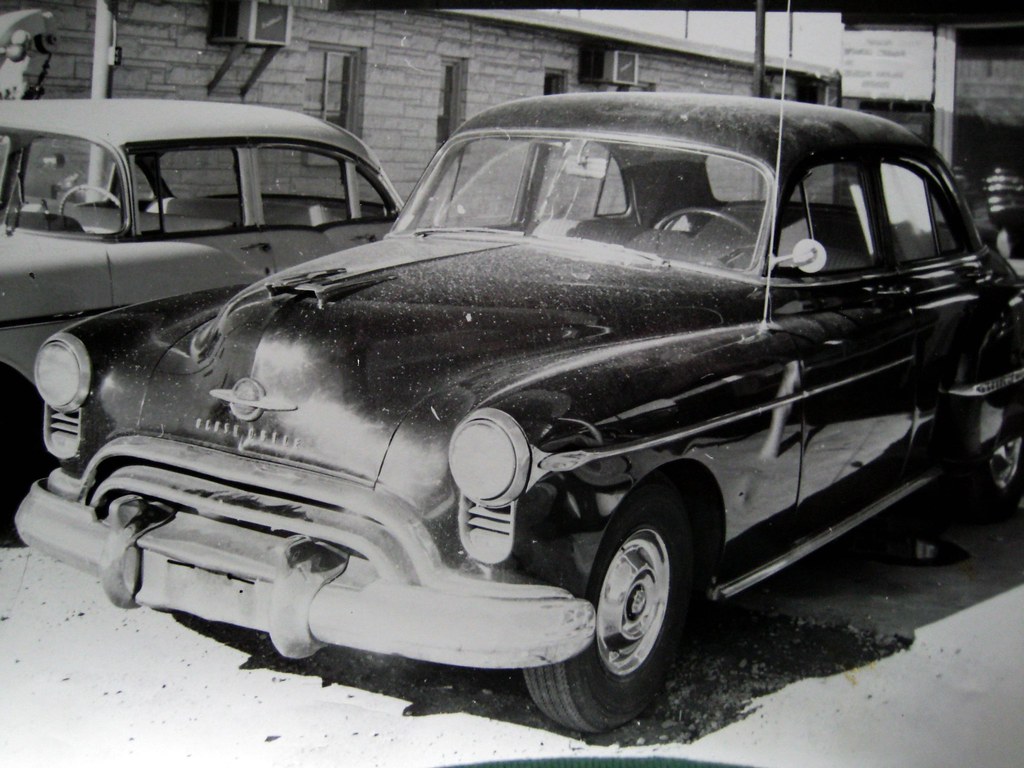
2. **Rebuilt (a.k.a. Reconstructed, Restored, Revived Salvage) Title**Ah, the rebuilt title – the phoenix of the automotive world, rising from the ashes of a salvage designation. This brand is issued to a vehicle that was previously declared a “total loss” or branded as “salvage,” but has since been meticulously repaired to a safe, operable, and roadworthy condition. Crucially, it must pass a state-mandated inspection to earn this new classification. Once branded as rebuilt, these vehicles can be legally driven and registered on public roads, offering a glimmer of hope for cars that once seemed destined for the scrapyard.
While a rebuilt title sounds promising, indicating a car has been fixed, its underestimated significance lies in the ongoing implications and the necessary vigilance it demands from a buyer. This brand acts as a permanent historical marker; it stays with the vehicle forever, signaling that while it’s road-legal again, its past was anything but ordinary. The factory warranty is almost certainly void, and insurers may only be willing to offer liability coverage, making comprehensive protection a challenge or prohibitively expensive. Furthermore, the resale value remains significantly depressed, reflecting the inherent risks associated with a vehicle that has undergone such extensive repairs.
For the informed buyer, understanding a rebuilt title is incredibly empowering. It means you know the vehicle faced severe damage, and while repairs were done, vigilance is still key. This knowledge allows you to critically evaluate the quality of those repairs, perhaps demanding an even more rigorous pre-purchase inspection from a trusted mechanic to spot any hidden frame damage, lingering issues, or subpar work. It empowers you to negotiate a much lower price, factoring in the diminished resale value, higher insurance premiums, and potential financing difficulties. A rebuilt title isn’t necessarily a ‘no-go,’ but it’s a ‘know-everything-before-you-go’ situation, turning a potentially hidden problem into a manageable, albeit risky, opportunity.

3. **Junk / Non-repairable / Parts-only Title**This title brand is arguably the most definitive warning a vehicle can carry: a stark declaration that a car has sustained damage so severe it is deemed beyond repair or uneconomical to fix. Variations like “Scrap,” “Irreparable,” or “Salvage Non-Rebuildable” all point to the same grim reality. A vehicle with a junk title is suitable only for parts or scrap metal. The law explicitly forbids putting such a car back on the road; it cannot be rebuilt, retitled, or legally driven on public roads.
The underestimated value of a junk title isn’t about finding a diamond in the rough; it’s about providing an absolute, unambiguous ‘stop sign’ for prospective buyers. This brand prevents what could be the most catastrophic purchase of all – an utterly unsafe and illegal vehicle. Imagine encountering a seemingly cheap car that, without this brand, could fool an unsuspecting buyer into thinking it just needs a little TLC. The junk title unequivocally clarifies that the car is a danger, a liability, and literally worth only its components.
This brand ensures consumer safety by preventing severely compromised vehicles from re-entering the transportation system. It protects buyers from unknowingly investing in a car that offers zero utility, cannot be insured, and could never pass an inspection. While its direct implication is quite negative for the vehicle itself, the *information* provided by a junk title is invaluable. It’s a loud, clear signal that saves buyers from making a truly disastrous financial and safety mistake, ensuring they don’t even consider attempting to register or operate something that is, by legal definition, scrap.

4. **Lemon Law Buyback (or Lemon Title Brand)**”Lemon laws,” which vary considerably from state to state, exist to protect consumers from defective new vehicles. When a new car has a significant, unfixable defect that impairs its use, value, or safety, and multiple repair attempts by the manufacturer fail, the vehicle might be returned under these laws. This process results in a “Lemon Law Buyback” or “Lemon Title Brand” being placed on the vehicle’s title, a clear indicator of its problematic past.
The true brilliance, and often underestimated aspect, of the lemon title brand is its direct consumer protection function. It serves as an official warning flag, communicating that this particular vehicle has a history of chronic, unresolvable issues that the manufacturer itself couldn’t fix under warranty. Without this brand, a car returned under lemon laws could potentially be resold to an unsuspecting buyer, who would then inherit a litany of recurring problems and frustrations. This brand ensures transparency, making the car’s troubled past known.
For a potential buyer, seeing a lemon title brand is invaluable. It means you can expect recurring problems and a significantly diminished resale value. While some might see a lower price tag as an opportunity, a smart buyer recognizes this as a warning to be extremely cautious. It empowers you to either completely avoid a vehicle that could become a persistent money pit or, if considering it, to demand an exceptionally thorough independent inspection and a price that reflects the ongoing risks and the likely difficulty in obtaining full insurance or financing. This brand transforms a hidden headache into a disclosed, albeit daunting, reality, allowing buyers to avoid the trap of a chronically defective vehicle.

5. **Flood / Water Damage Title**When a vehicle has been submerged in water, often deep enough to fill the engine compartment or even higher, it receives a flood or water damage title. This damage is typically the result of natural disasters like thunderstorms, flash floods, or hurricanes. The term encompasses various designations such as “Water Damage,” “Salt Water Damage,” or “Salvage Flood Rebuilt,” all indicating a serious encounter with water.
Most people recognize that water damage is bad for a car, but the *insidious nature* of it is often underestimated, making this title brand extraordinarily valuable. Unlike accident damage that might be visible, water damage corrodes components from the inside out, leading to electrical failures, mechanical breakdowns, and mold issues that can surface months or even years after the event. These cars are notorious for migrating across state lines to escape their brand, making a national title check even more critical. The title brand is a critical defense against these hidden, long-term problems.
This brand provides an indispensable warning because water damage can lead to extremely costly and dangerous problems that are difficult to detect during a superficial inspection. For an informed buyer, this title means you must arrange for an expert mechanic to conduct an extremely thorough inspection, specifically looking for flood residue, corrosion, and electrical issues. It empowers you to recognize that the associated risks are significantly more than any potential gains from a lower purchase price. Ultimately, the flood/water damage title brand acts as a crucial alert, protecting buyers from acquiring a vehicle whose hidden defects could demand endless cash for repairs and compromise safety.
Read more about: Beyond the Windfall: Unmasking the Hidden Costs of Inheriting a House That Can Secretly Destroy Your Wealth

6. **Odometer Rollback Title**In a world where mileage profoundly impacts a car’s value, the odometer rollback title brand is a declaration of outright fraud. This brand is assigned to vehicles that have had their odometers illegally tampered with to display a lower mileage than the actual distance traveled. This deceitful practice is a felony that aims to hide significant wear and artificially inflate the vehicle’s perceived condition and, consequently, its price. It’s an attempt to make a car appear barely driven when, in reality, it’s a high-mileage veteran.
The underestimated power of the odometer rollback title brand lies in its ability to expose criminal deception. This brand isn’t about damage from an accident or natural disaster; it’s about a deliberate act of fraud designed to fleece buyers. Without this crucial designation, a buyer could pay thousands more for a car that is far more worn than they realize, leading to unexpected maintenance costs, premature component failures, and a vastly different driving experience than anticipated. It’s a direct safeguard against financial exploitation and safety compromises due to hidden wear.
Discovering an odometer rollback title on a vehicle should immediately signal to a buyer that they are in the middle of a fraudulent transaction, and the wisest course of action is to walk away. This brand empowers buyers with the knowledge that the seller is dishonest, and the vehicle’s reported history cannot be trusted. Services like Carfax Vehicle History Reports specifically help identify whether a car’s title has ever received this brand, serving as a vital tool to thwart these illegal practices. It’s a powerful piece of information that not only protects your wallet but also upholds the integrity of the used-car market by flagging criminal activity.
Navigating the complexities of a used car’s past means looking beyond the obvious. We’ve uncovered the heavy hitters, the branded titles that scream ‘warning!’ But sometimes, the most profound insights come from the less familiar labels, those quiet whispers in a vehicle’s history that, when understood, are ‘better than anyone thought.’ These are the brands that often get overlooked, yet they can hold just as much sway over a car’s true condition, value, and your future ownership experience.
It’s time to pull back another layer of the automotive onion, revealing six more underestimated title brands that are absolutely crucial for your used-car shopping arsenal. Arm yourself with this comprehensive knowledge, and you’ll be well on your way to making a purchase that truly serves you, not surprises you. Let’s unearth some more vital vehicle histories!
Read more about: Exposing the 15 Sneaky Car Dealership Tricks That Cost You Billions: A Consumer Reports Guide to Savvy Car Buying

7. **Hail Damage Title**When skies turn angry and unleash a barrage of hailstones, the impact on vehicles can be severe. A “Hail Damage” title is designated when a vehicle suffers extensive damage from hail, often leading an insurance company to declare it a total loss because the cost of repairs exceeds its worth. While some states might not have a specific “Hail Damage” brand, the information is typically still reported by insurance companies or state DMVs, becoming a permanent part of the vehicle’s history, especially if it was a total loss.
Many potential buyers might underestimate hail damage, viewing it as purely cosmetic. Sure, a few dimples on the roof or hood don’t seem like the end of the world. However, severe hail can compromise more than just aesthetics; it can damage sensors, crack windshields, and even weaken structural integrity, especially if the panels were severely impacted. The true, underestimated value of this brand, or even the reported damage, is in signaling a significant devaluation and the potential for underlying issues that might not be immediately obvious without a thorough inspection.
For a savvy shopper, seeing a hail damage designation doesn’t automatically mean a ‘no-go.’ It means an opportunity to potentially save a significant amount of money, but only if you’re fully informed. This title brand serves as a neon sign, encouraging a meticulous visual inspection and, ideally, an expert mechanic’s assessment to determine the true extent of the damage. You’ll want to verify that the damage is indeed cosmetic or, if structural, has been competently repaired.
Moreover, the presence of hail damage, branded or not, can impact your ability to secure comprehensive insurance coverage, and some lenders may be hesitant to finance such a vehicle. This knowledge empowers you to negotiate a price that fully reflects these considerations. The ‘underestimated’ part isn’t just about the visual; it’s about the financial and practical implications, turning what could be a hidden drawback into a transparent factor in your purchasing decision.
Read more about: Mic Drops and Meltdowns: 15 Podcasters Whose ‘Unpopular Opinions’ Were So Unhinged, They Lost Everything (Including Their Audience)

8. **Fire Damage Title**A “Fire Damage” title is issued when a vehicle has been declared salvage due to extensive damage caused by fire. Just like a flood title, this isn’t just about cosmetic scorches; it implies a serious event that can affect the car’s structural integrity, electrical systems, and even its overall safety. The heat from a fire can warp metal, melt plastics, and damage vital components in ways that are often difficult to detect during a quick glance.
The true significance of a fire damage title is often underestimated because the visual evidence might be localized or cleverly masked. However, smoke and heat can infiltrate every nook and cranny of a vehicle, causing long-term electrical malfunctions, compromising safety features like airbags and seatbelt pretensioners, and leading to persistent odors that are nearly impossible to eradicate. This brand acts as a crucial alert to the potentially catastrophic, pervasive, and often hidden damage that can plague a vehicle for years.
For a potential buyer, this brand is an unequivocal warning. It signals that the car has endured immense stress and heat, which could have weakened critical safety elements and led to latent electrical gremlins that might not appear until months or even years down the road. The factory warranty, if it existed, is almost certainly void, and finding an insurer willing to offer comprehensive coverage might be a Herculean task, if not outright impossible.
The ‘underestimated’ aspect here is the sheer breadth of damage a fire can inflict internally. This title empowers you to understand the high risks involved. It prompts you to demand a comprehensive pre-purchase inspection from a specialist who can identify compromised wiring, structural fatigue, and other fire-related issues. Ultimately, a fire damage title is an invaluable piece of information that protects buyers from acquiring a vehicle that could be a significant safety hazard and a financial drain, making it ‘better than anyone thought’ for informing a safe choice.
Read more about: Remember These? 14 Classic Film & Video Formats That Faded into History

9. **Prior Taxi / Police Title**When a vehicle carries an “Original Taxi or Prior Taxi” or “Original Police or Prior Police” title, it tells a very specific story about its past life. These titles are designated when a vehicle’s primary use was, or is currently, “for hire” or for law enforcement purposes. While often overlooked by buyers focused purely on mileage, these brands are incredibly insightful because they reveal a history of extreme operational stress that goes far beyond typical consumer use.
The underestimated significance of these titles lies in the sheer amount of wear and tear these vehicles endure, often in short periods, and under harsh conditions. Taxis spend their lives in stop-and-go city traffic, constantly idling, with frequent passenger changes and heavy braking. Police vehicles are subjected to high-speed pursuits, rapid acceleration, emergency braking, and extended idling periods, not to mention often carrying specialized, heavy equipment. This kind of strenuous service life takes a massive toll on the engine, transmission, suspension, brakes, and electrical systems.
A buyer might look at a seemingly well-maintained former taxi or police car and see a bargain. But the brand is a critical warning. It indicates that components that would normally last for many more miles in a private vehicle could be on their last legs. You’re not just buying a car; you’re buying a vehicle with a professional athletic career that likely pushed its mechanical limits, often with less-than-ideal maintenance schedules during its service life due to constant deployment.
Understanding this brand empowers you to anticipate higher maintenance costs and shorter component lifespans. It necessitates an exceptionally thorough pre-purchase inspection focusing on the drivetrain, suspension, and braking systems. This knowledge is ‘better than anyone thought’ because it prevents you from making a decision based purely on a low price or a misleadingly clean exterior. It allows you to negotiate a price that accurately reflects the vehicle’s true condition and demanding operational history, ensuring you’re prepared for what lies ahead.
Read more about: Unmasking the Speed Demons: A Deep Dive into the 13 Car Models Most Often Ticketed in the U.S.

10. **Dismantled Title**A “Dismantled Title” is an unambiguous declaration that a vehicle has reached the end of its life as a functional automobile. This brand is issued when a vehicle suffers damage to one or more major components, and the cost to repair it surpasses its market value. Critically, “in most cases, the vehicle isn’t allowed to be retitled or cannot be put into use by another owner because of safety concerns.” It’s a stark contrast to a ‘rebuilt’ title, which implies a return to roadworthiness.
The underestimated value of a dismantled title isn’t about finding a project car; it’s about providing an absolute, non-negotiable ‘stop’ signal for anyone considering buying it for road use. This brand exists to prevent severely damaged, often partially disassembled, and inherently unsafe vehicles from ever being registered or driven again. Without this clear designation, an unsuspecting buyer might be tempted by a ridiculously low price, believing they could somehow put it back together and get it on the road.
This brand is a crucial consumer safety measure. It unequivocally states that the vehicle’s purpose is now solely for parts or scrap. It prevents the hazardous scenario of a vehicle, stripped of essential components or structurally compromised, attempting to re-enter the transportation system. The law is clear: a vehicle with a dismantled title is deemed unrepairable for safe operation, and its value lies strictly in its components for other cars, not as a standalone, drivable unit.
For any buyer, recognizing a dismantled title is ‘better than anyone thought’ because it eliminates any ambiguity about the vehicle’s legal status and potential for road use. It protects you from the immense financial and legal liabilities of trying to revive a car that is, by definition, deemed unsafe and irreparable for its original purpose. This clarity saves you from making a truly disastrous investment in something that offers zero utility as a vehicle and can never be legally registered or insured.
Read more about: 14 Shocking Celebrity Gaffes That Erased Millions in Brand Deals
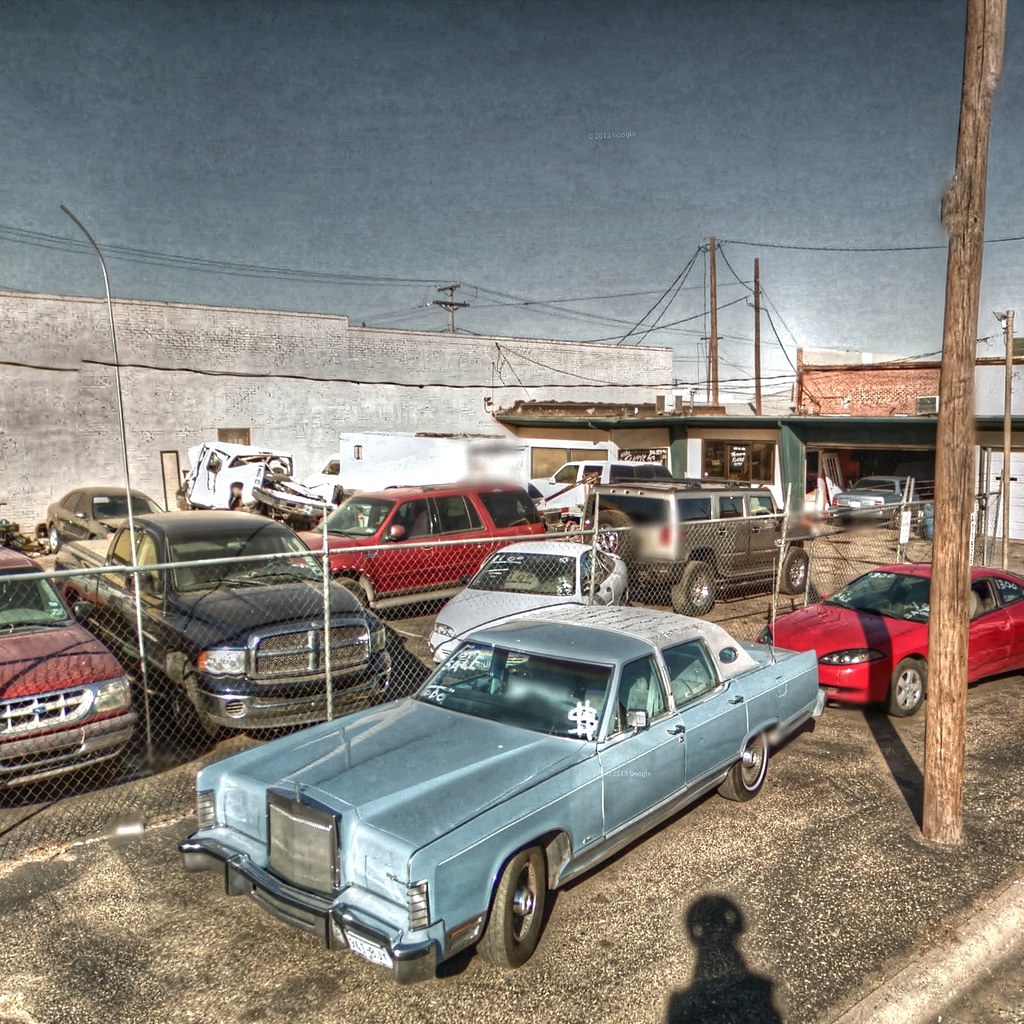
11. **Non-USA / Grey-Market Title**When a vehicle receives a “Non-USA Title,” often referred to as a “Grey-Market Title,” it signifies that the car was not originally manufactured for the United States market or was used outside the country for a period. For it to be legally sold and driven in the U.S., it must undergo a conversion process to meet specific federal and state safety, emissions, and bumper standards. This process ensures compliance, but the title remains a permanent marker of its unique origin.
The challenges associated with a non-USA title are frequently underestimated. While these vehicles can sometimes be exotic or offer unique features not found in their U.S. counterparts, the brand flags potential long-term headaches. The conversion process itself can be complex, and ensuring *all* standards are truly met, and documented correctly, is vital. Crucially, parts availability for maintenance and repairs can become a significant issue, as foreign-market components may not be readily stocked by U.S. dealerships or parts suppliers.
Beyond parts, finding mechanics who are familiar with the specific quirks and specifications of a grey-market vehicle can be a challenge. This can lead to higher repair costs, longer service times, and even incorrect diagnostics by workshops accustomed only to U.S.-spec models. Furthermore, obtaining comprehensive insurance coverage might be more complicated or expensive, as insurers may view these non-standard vehicles as higher risk due to their unique nature and potential parts scarcity.
This title brand, therefore, is ‘better than anyone thought’ because it provides a critical heads-up for a buyer to conduct extremely thorough due diligence. It prompts investigation into the specifics of the conversion, verification of compliance documents, and consideration of long-term ownership costs related to maintenance and insurance. It empowers you to go into the purchase with open eyes, understanding that while you might be getting a unique ride, you’re also taking on unique responsibilities and potential hurdles that a standard U.S.-market vehicle wouldn’t present.

12. **Bonded Title**A “Bonded Title” is an intriguing designation given when there’s an absence of traditional proof of ownership for a vehicle. Essentially, if you can’t produce a standard, clear title to prove you own a car, a state DMV might issue a bonded title. This requires the current owner to purchase a surety bond, typically equal to the car’s value, which acts as a form of insurance against any future ownership claims. This bond typically remains in effect for a period, often three to five years, protecting subsequent owners.
The significance of a bonded title is often underestimated, as it might appear to simply be a way to register a vehicle without immediate proof of ownership. However, its true value for a prospective buyer lies in the warning it carries: this vehicle has a somewhat murky ownership history. It suggests there was a break in the chain of titles, perhaps due to lost paperwork, a stolen vehicle that was recovered without proper documentation, or even a previous owner who never legally transferred the title.
While the surety bond is designed to protect a new owner financially if a legitimate prior owner comes forward to claim the vehicle, the presence of this brand indicates an underlying risk. It means you’re buying a car whose past ownership isn’t as crystal clear as one with a clean title. This lack of a straightforward paper trail can complicate future resale, as other buyers might be wary of a vehicle with a bonded title, even if the bond offers a measure of protection.
Ultimately, understanding a bonded title is ‘better than anyone thought’ because it signals the need for extraordinary caution and diligence. It prompts a buyer to investigate *why* a bond was necessary. While it allows the vehicle to be registered, it’s a permanent historical marker indicating a past issue with legal ownership. This knowledge empowers you to either avoid such a vehicle altogether or, if considering it, to fully understand the protections offered by the bond and accept the associated risks and potential complexities in the long run, ensuring you’re not blindsided by a future claim.
Read more about: 9 Royal Wedding Dresses that Captivated the World
There you have it: 12 title brands, each telling its own powerful story, each offering insights that are ‘better than anyone thought’ for savvy used-car buyers. From the obvious red flags to the subtle whispers of a vehicle’s past, understanding these designations is your ultimate superpower in the used-car market. It’s not about avoiding every branded car, but about transforming uncertainty into informed confidence. So, next time you’re browsing for your next ride, remember: the title isn’t just paperwork; it’s your most valuable diagnostic tool, empowering you to make a choice that protects your wallet, your safety, and your peace of mind. Drive smart, and happy car hunting!



